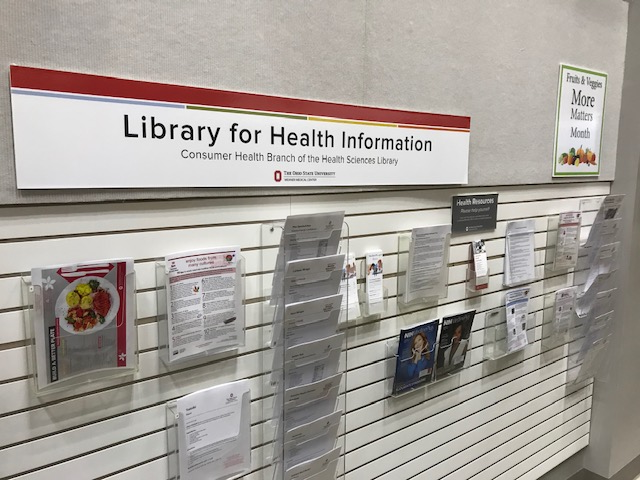Your Contact

Missy Creed
Consumer Health Librarian

It is National Grief Awareness Week and the loss of a loved one is one of life's most stressful events and can cause a major emotional crisis. After the death of someone you love, you experience bereavement, which means "to be deprived by death" (according to Mental Health America's website). Grief is a universal human experience and whether it's the death of a loved one, the end of a relationship, or a significant life change, grief manifests in various forms and can be an intensely personal journey. Understanding and navigating grief is crucial for healing and moving forward.
Moving Forward
While grief may never completely vanish, it can transform over time. The goal is not to forget but to integrate the loss into one's life in a way that allows for growth and meaning. This may involve finding new sources of joy and allowing yourself to get help. Supporting yourself emotionally and physically is one of the first steps when moving forward.
What You Can Do
According to the CDC, while experiencing grief you can:
For more information and resources from the CDC visit this link: Grief | How Right Now
To learn more about grief and the grieving process please contact LHI for information. All information is confidential, reliable and free. Please contact either the number or email listed below.

For more resources, please email your questions to an LHI librarian at health-info@osu.edu, or call us at (614) 293-3707. All information is free and confidential.
The Library for Health Information is here for you. To find out more, visit the LHI webpage.